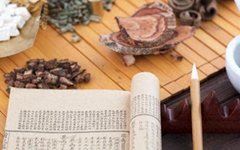Why do people in middle age often experience symptoms such as dry mouth, dry eyes, irritability, palpitations, dizziness, insomnia, and even soreness in the lower back and legs? This may be due to the body’s decline and depletion of Yin fluids. As stated in the Huangdi Neijing, “At the age of forty, Yin energy is reduced by half,” indicating that after reaching 40 years old, one’s essence and energy diminish significantly. This essence also refers to Yin fluids. Coupled with modern issues such as staying up late, overwork, high stress, and frequent use of electronic devices, the depletion of Yin fluids and blood can occur even before the age of 40, leading to these minor ailments. Today, I will share four traditional Chinese medicines that nourish Yin and restore the vital fluids lost during middle age!
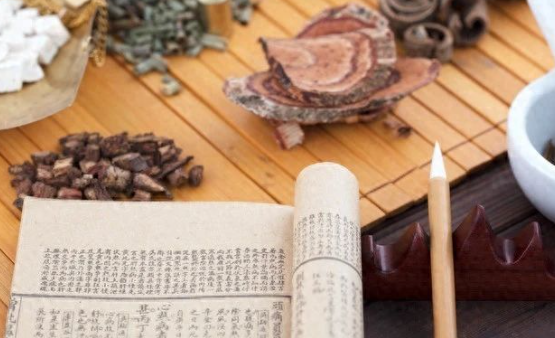
First, Da Bu Yin Wan (Great Yin Tonic Pill)
Da Bu Yin Wan is composed of Shu Di Huang (Rehmannia Root), Zhi Mu (Anemarrhena), Huang Bai (Phellodendron), Gui Jiao (Tortoise Shell), and Zhu Ji Sui (Pig Spinal Cord). It is primarily used to nourish Yin and reduce internal heat. When Yin is deficient, it can lead to internal heat. Prolonged Yin deficiency can result in excessive Yang heat, causing symptoms such as dry mouth, dizziness, tinnitus, soreness in the lower back and knees, five-center heat, night sweats, and other signs of Yin deficiency with excess heat. This traditional Chinese medicine can be referenced to nourish the Yin fluids of the five organs.
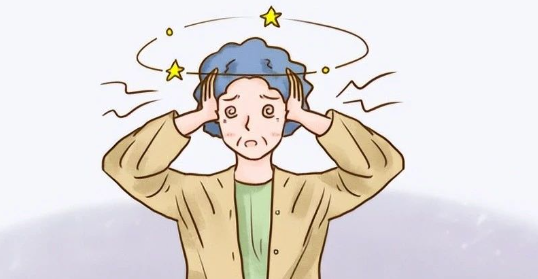
Second, Bai He Gu Jin Wan (Lily Bulb and Golden Pill)
Bai He Gu Jin Wan is mainly used to nourish Yin, moisten the lungs, transform phlegm, and stop cough. It primarily supplements Lung Yin. It is effective for coughs caused by Lung Yin deficiency, such as dry cough without phlegm or with scanty, sticky phlegm, blood-streaked phlegm, dry and painful throat, and dry mouth and thirst.
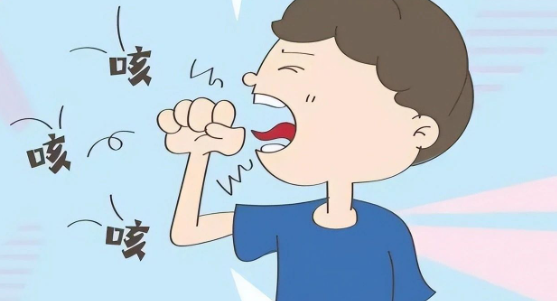
Third, Tian Wang Bu Xin Wan (Heavenly Emperor Heart Nourishing Pill)
Tian Wang Bu Xin Wan targets Heart Yin deficiency and has the effects of nourishing Yin, enriching blood, and calming the mind. It is suitable for patients with symptoms of insomnia, vivid dreams, palpitations, irritability, spontaneous sweating, dry mouth and thirst, heat in the palms and soles, flushed cheeks, and dry stools due to insufficient Heart Yin.

Fourth, Gui Shao Di Huang Wan (Return to Shao and Rehmannia Pill)
Gui Shao Di Huang Wan is designed for patients with Liver and Kidney Yin deficiency. It nourishes the Yin of the Liver and Kidney and is based on the Liu Wei Di Huang Wan (Six-Ingredient Rehmannia Pill) with the addition of Dang Gui (Angelica) and Bai Shao (White Peony), which also nourish Liver blood. It is effective for symptoms caused by deficiency of both Liver and Kidney Yin, such as dizziness, dry throat, lower back soreness, dry eyes, tinnitus, afternoon heat, and heel pain.
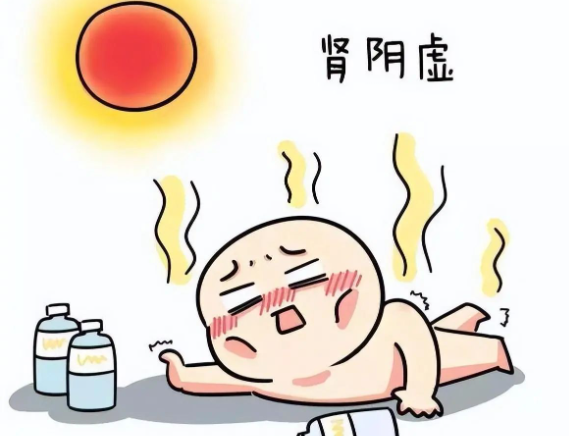
These four are common traditional Chinese medicines for replenishing the Yin fluids of the five organs. However, TCM emphasizes syndrome differentiation and treatment. It is essential to have symptoms of Yin deficiency to select the appropriate nourishing Yin medicine. A typical sign of Yin deficiency is a red tongue with little or no coating, accompanied by some of the symptoms mentioned above. These are the points we need to pay attention to for differentiation.
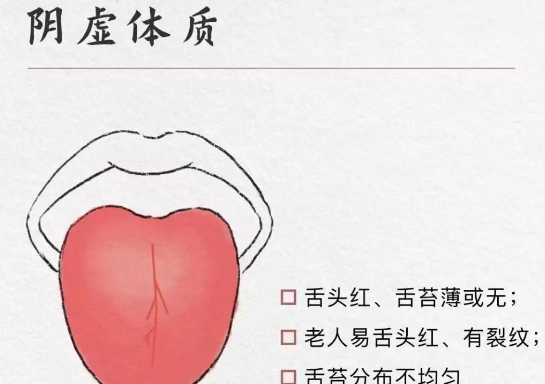
Alright, that concludes today’s sharing. If you experience any discomfort, do not use medication blindly. Please seek medical attention promptly and consult a professional doctor for syndrome differentiation and treatment.
Previous Highlights:
Not supplementing the Spleen while supplementing the Kidney is a futile effort; here’s a traditional Chinese medicine for dual supplementation of Spleen and Kidney, harmonizing Liver and Spleen.
For bloating, belching, and excessive gas, here’s a traditional Chinese medicine for strengthening the Spleen and aiding digestion, specifically for chronic stomach issues.
These seven traditional Chinese medicines are inexpensive and effective, rarely prescribed in hospitals, not sold in pharmacies, and even used by doctors themselves.
The “antibiotic” of TCM, San Huang Pian (Three Yellow Pills), is affordable and effective for pharyngitis, gastritis, and systemic inflammation.

